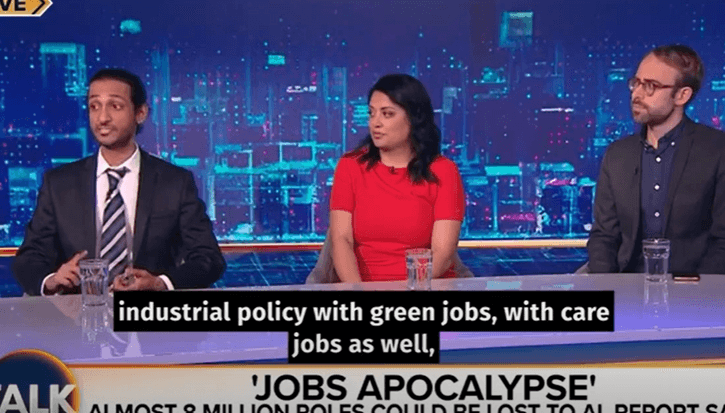Up in smoke: How the EU's faltering climate policy is undermining the City of London
Article
The EU was the first major market to put in place binding targets to reduce its greenhouse gas emissions (by 20 per cent against its 1990 baseline by 2020). Its emissions trading scheme (ETS) was the world's first market-based mechanism for reducing emissions, and aims to do so at the lowest cost. Now, both China and the US are carrying out concerted actions to reduce emissions and to invest in low-carbon technologies. Carbon-pricing schemes - many based on the EU ETS - are proliferating across the world. Meanwhile, London is now home to 93.5 per cent of the market in carbon exchanges, making up a valuable and vital part of the UK's green economy.
However, the EU's 'first mover' strategy on climate action has come under fire. Critics argue that by going it alone the EU is engaged in an act of futility, since it is responsible for only 12 per cent of global emissions, and that its efforts are piling costs on business, hammering competitiveness, and driving economic activity overseas.
Moreover, the ETS has faced significant challenges in recent years. Emissions fell faster than expected during the global financial crisis, causing a collapse in the carbon price. Oversupply of permits during the second phase of the ETS has been an albatross around the scheme's neck and deterred investors, and the initial proposals to address the problem have failed, denting confidence in Europe's political commitment and harming the prospects for schemes elsewhere.
Investment opportunities have been lost, and the crisis of confidence in the ETS has been a major contributory factor to the closing or scaling back of London-based carbon trading desks at 10 financial institutions, including UBS, Deutsche Bank, Barclays, JP Morgan and Morgan Stanley, in favour of new opportunities in other financial centres such as Sydney and Singapore.
Restoring the EU's momentum on climate change would deliver three critical outcomes:
- get the EU back in front as the global leader on low-carbon investment
- help to secure the City of London's role as the premier home of carbon trading and finance
- help to secure a global deal in 2015 at the crucial United Nations talks in Paris.
To achieve this, our report makes three key recommendations:
- new, ambitious emissions targets should be set at the European Council meeting in March 2014: 40 per cent reduction in emissions by 2025 and 50 per cent reduction by 2030
- a new Carbon Market Policy Committee, based on the 'goal-dependence, instrument-independence' model of the Bank of England's Monetary Policy Committee, should be created to oversee the supply of emissions allowances within the ETS, returning confidence to the market and improving its ability to deal with fluctuations
- the idea of 'border carbon adjustments' for certain sectors, including energy-intensive industries, should be investigated further as a way of pricing the carbon component of internationally traded goods and services. This could allow effective enforcement of an informal global agreement negotiated through the UNFCCC, should a formal, global agreement prove unattainable.
Related items

Forging ahead: Deciding the direction of IPPR's Migration Policy Unit
In our last blog post for the Migration Policy Unit we shared our new way of working as we endeavour to be inclusive and transparent in our policymaking process. In this blog we set out what our first and flagship project is for the policy…
Who gets a good deal? Revealing public attitudes to transport in Great Britain
Transport isn’t working. That’s the message from the British public. This is especially true if you’re on a low income, disabled or living in the countryside. The cost of living crisis has exposed the shortcomings of our transport system,…
Bhargav Srinivasa Desikan on TalkTV discussing AI
IPPR's Bhargav Srinivasa Desikan on TalkTV discussing his new report on the impact of generative AI on the UK labour market.